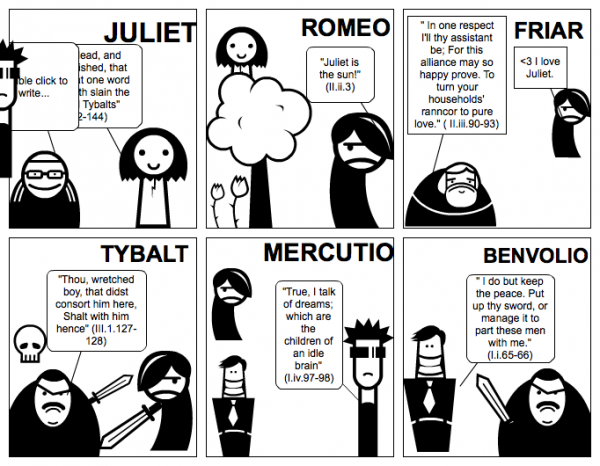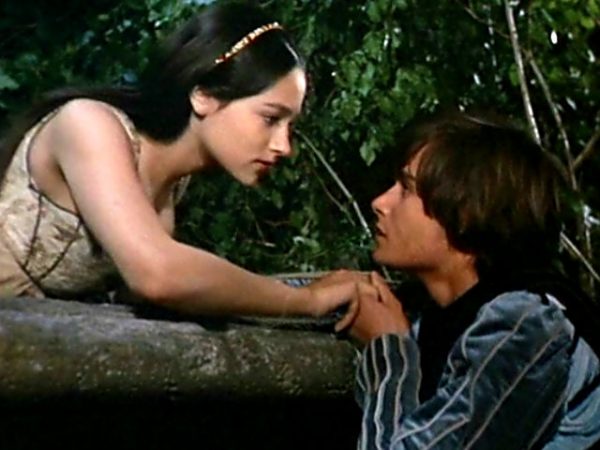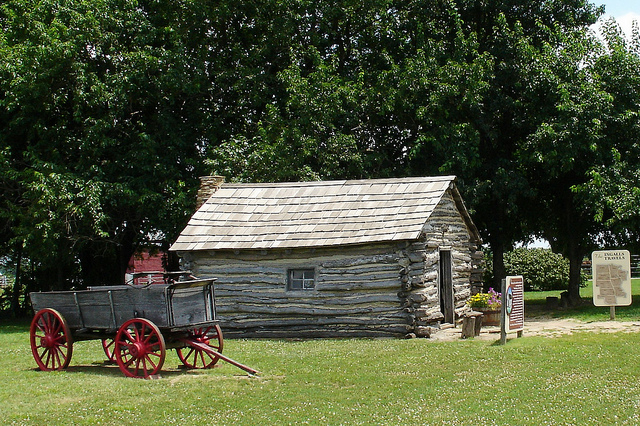Attention all high school and college students: if you really want to shine in the next class discussion, or get a good grade on your upcoming literary analysis essay, you’ll stop using “helpful” websites like Sparknotes, Schmoop, and GradeSaver right now.

Source: theodysseyonline
Why the campaign against your favorite I-didn’t-read-the-assignment-until-the-night-before study aids?
Because websites like Sparknotes and GradeSaver are myopic. Overrated and uninformed. They present a single interpretation–frequently an incredibly narrow, first grade-level interpretation, by the way–as the only possible interpretation of any given text.
Don’t get me wrong–it’s important to understand all the basic themes, motifs, symbols, etc. of a text before you start taking your analysis to the next level. But you simply cannot rely on such an understanding for your essays, your class discussions, or your own personal appreciation of an author’s work. You must–as Professor Trelawney would say–broaden your minds and look beyond the obvious!

Source: giphy
Take Shakespeare’s Romeo and Juliet: sites like Sparknotes, GradeSaver, and Schmoop all agree that this play is about love. Love, violence, fate, some more love, revenge, gender, even more love, identity, and a bit more love for good measure. Wow. Super complex and original, right?
That’s not what teachers want, and you shouldn’t have to settle for that as your sole knowledge of classic English literature. So what’s the solution?
Instead…
Do your own thinking! I know it can be hard, but here are a few starting points for you:
- Look at the under-discussed aspects of the work: Instead of blathering on about love, power, and identity like everyone else, start looking at the parts of the text that no one talks about. I guarantee that a brilliant analysis of those things will impress your teacher far more than another essay on the struggle between good and evil or the relationship between the individual and society.
- Here are some ideas for you to start with: gossip (who gossips? Why? How? To what end? How is it important?), the role of material objects (rings, clothes, etc.), music and musicality, comedy (particularly if you can find some in a tragedy), cultural differences (e.g. burial practices–some scholars argue that the manner in which Romeo and Juliet were buried suggests that Shakespeare never intended them to be reunited in any sort of afterlife. Tough luck, love birds).
- Look at more than just the movie adaptations: Did you know that there are entire encyclopedias listing every appearance of and reference to Shakespeare’s work in pop culture? They’re absolutely enormous (believe me, I’ve read them) and include everything from TV shows and movies to comic strips and children’s books. Looking at resources like those, or The Cambridge Companion to Shakespeare and Popular Culture by Robert Shaughnessy, can be invaluable in understanding the symbiotic relationship between old and new. The classic literature legitimizes the TV shows and comics, yet the pop culture adaptations also undervalue Shakespeare’s original work. Food for thought.

Source: stripgenerator
- The Oxford English Dictionary: The OED not only defines words–it provides their entire etymology. Their history. For instance, the OED tells us that the word “balcony” did not exist in English until 1618. Keep that in mind as you keep reading.

Source: becuo
- JSTOR and other academic journals: JSTOR is a digital repository for all sorts of academic journals. Many universities provide free access, and even if you don’t have full access you can usually read the first few pages of an article for free. These articles are a fantastic resource–you can read scholars’ theories, interpretations, comparative analyses, and more. I highly encourage you to look at it the next time you need to research a text.
- Fun tidbit: in B. Sprague Allen’s PMLA article, “Tom Coryat and Juliet’s ‘Balcony,'” it says that in 1611, “the balcony was a novelty ‘very seldome seen in England.'” The climate in England was so damp and cold that few people wanted balconies–and even fewer people had ever even seen one. This, along with the OED entry, might suggest that we’ve been misreading Shakespeare all along…

Source: ramblingfilm
- Literary Conferences: Take a look at the panel discussion topics for a Shakespeare or Chaucer conference. I guarantee you’ll find some interesting ideas.
Whatever you choose to write about (or talk about in a discussion), just make sure it’s yours. Not Sparknotes‘. Not GradeSaver‘s. Yours. It’ll be more unique than anything those sites have to say, I promise.
YouTube Channel: MovieClips Coming Soon
Featured Image via Fanpop




